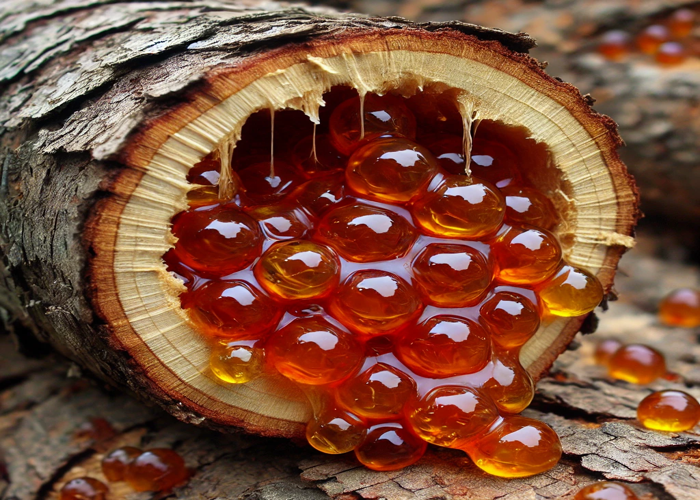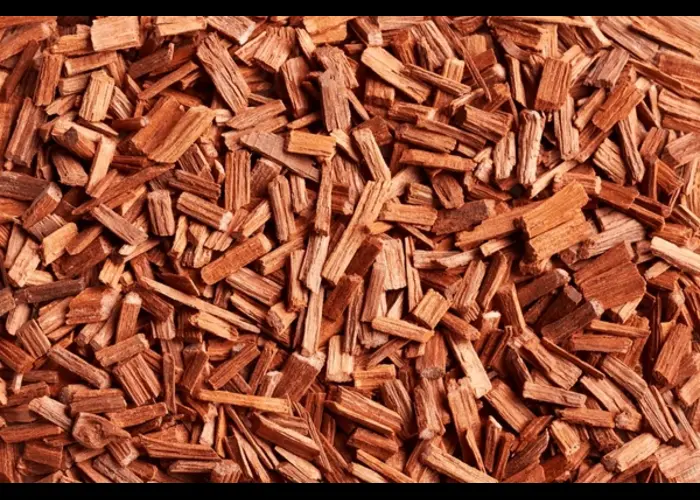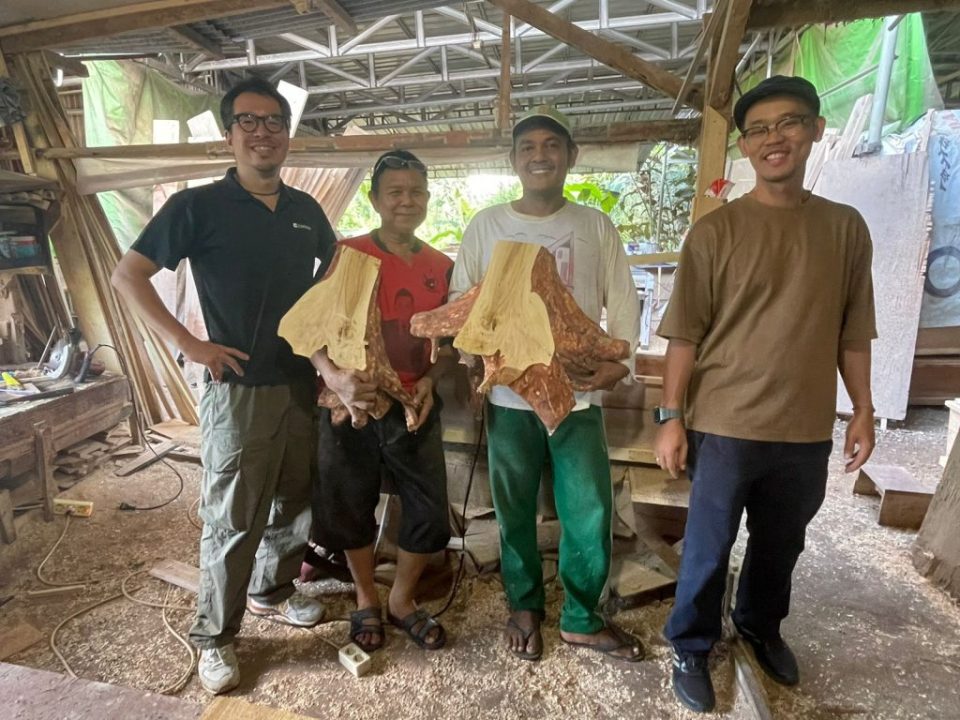Benzoin, derived from the Styrax trees in countries like Indonesia, Laos, and Vietnam, plays a crucial role in local economies. Farmers harvest this resin by making incisions in the bark, allowing the sap to seep out and harden into a resinous material. This method of harvesting, passed down through generations, makes benzoin an important non-timber forest product that provides income to rural communities.
The international market for benzoin is diverse, with uses ranging from traditional incense and perfumes to modern cosmetics and pharmaceuticals. Its role as a natural preservative and fixative in perfumes enhances the longevity of scents, while its medicinal properties make it a sought-after ingredient for balms and ointments. In Asia, it remains a popular remedy for respiratory issues and skin care, especially in regions where traditional medicine is still widely practiced.
As benzoin continues to gain popularity in global markets, ethical and sustainable sourcing becomes paramount. Supporting small-scale farmers and maintaining the ecological balance of benzoin-producing forests ensures that this valuable resource remains available for future generations while promoting responsible trade practices.




